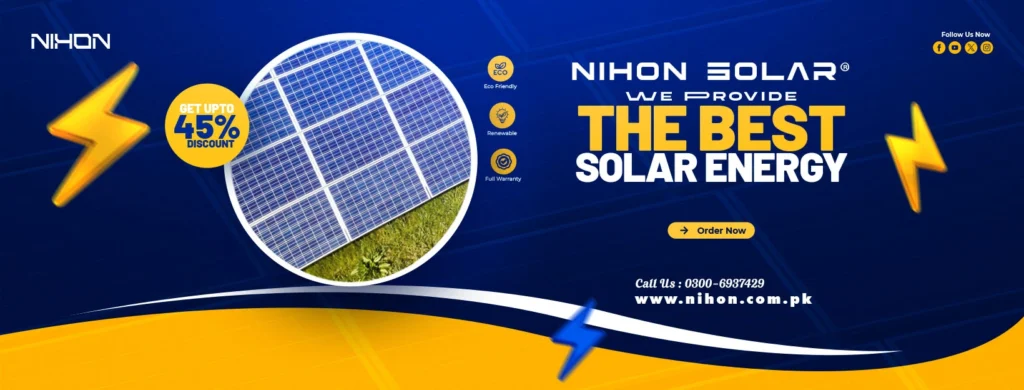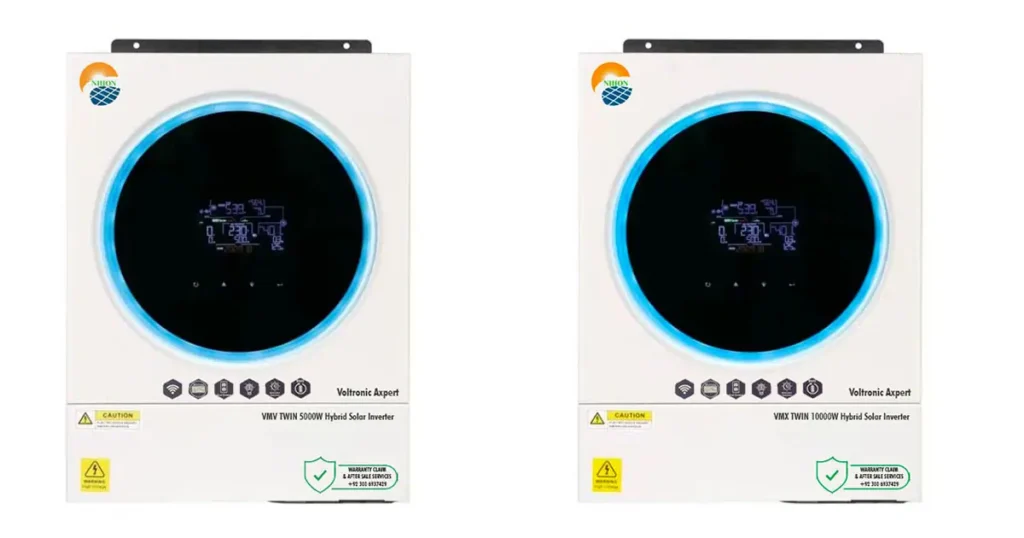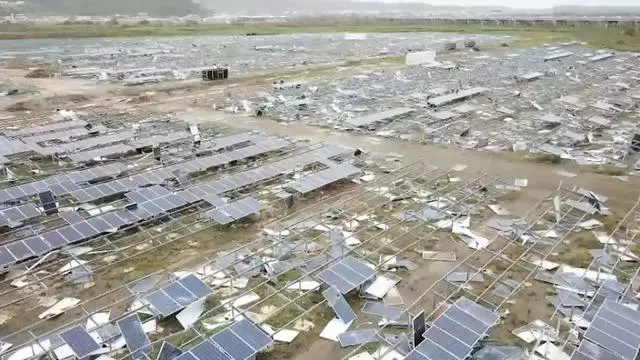How to Clean Solar Panels
Solar energy has gained massive popularity in recent years as people and businesses alike strive for sustainability and lower energy costs. However, for solar panels to function at their optimal efficiency, regular maintenance is essential. One of the most important aspects of maintaining solar panels is keeping them clean. Dust, debris, bird droppings, and other particles can accumulate over time, significantly reducing the system’s ability to capture sunlight and generate electricity. This article provides a detailed guide on how to clean solar panels effectively, outlining several methods and options that cater to different needs.

Why is Cleaning Solar Panels Important?
Before diving into the cleaning methods, it’s essential to understand why keeping solar panels clean is critical:
- Efficiency Loss: Dust, dirt, and grime block sunlight from reaching the solar cells. Even a small layer of dirt can reduce energy production by 5% to 20% depending on the severity.
- Longevity: Regular maintenance, including cleaning, extends the lifespan of the panels. Neglect can lead to panel damage over time, reducing their overall lifespan.
- Cost Savings: Cleaner panels produce more electricity, reducing reliance on the grid and leading to more savings on energy bills.
- Warranty Concerns: Manufacturers often recommend regular cleaning as part of the maintenance to uphold the warranty terms.
Now that we understand why cleaning is essential, let’s explore the various methods and steps involved in effectively cleaning your solar panels.
Safety Precautions Before Cleaning
Before you begin, it’s crucial to take safety precautions, especially if your solar panels are mounted on a roof. Here are a few safety tips to keep in mind:
- Turn Off the System: Before cleaning, turn off the solar power system to avoid any electrical hazards. Most systems have a switch to safely disconnect them.
- Avoid Slippery Surfaces: If you need to access roof-mounted panels, ensure that the surface is dry and not slippery. Use non-slip shoes and always be cautious.
- Use Safety Gear: Consider wearing a harness if you are working on a roof or using a ladder. Ensure that your ladder is stable and placed on solid ground.
- Avoid Direct Sunlight: Cleaning the panels during the early morning or late evening is ideal. This prevents the water used for cleaning from evaporating too quickly, leaving water spots, and also protects you from the harsh midday sun.
Cleaning Methods for Solar Panels
There are several ways to clean solar panels, and the method you choose depends on factors such as the level of dirt accumulation, accessibility, and the type of water available. Below are some effective cleaning methods:
1. Manual Clean Solar Panels with Water and a Soft Brush
This is one of the most common methods of cleaning solar panels. It’s simple and effective for lightly soiled panels.
Tools Required:
- Soft brush or sponge
- Hose with a spray nozzle
- Mild soap or biodegradable cleaner (optional)
- Squeegee
Steps:
- Rinse the Panels: Use a hose to rinse off loose dust and dirt. Avoid using high-pressure water, as it can damage the surface of the panels.
- Apply Soap (Optional): If the panels are particularly grimy, mix a mild soap solution. Avoid using harsh chemicals or abrasive cleaners that can scratch or damage the protective coating on the panels.
- Scrub Gently: Use a soft brush or sponge to gently scrub the surface of the panels. Start at the top and work your way down to avoid streaking.
- Rinse Again: Rinse the panels thoroughly to remove all soap residue.
- Dry the Panels: Use a squeegee to remove excess water, preventing water spots from forming.
Pros:
- Simple and cost-effective
- Can be done without professional help
- Mild soap ensures a thorough clean
Cons:
- May require frequent cleaning in areas with high dust or pollution
- Time-consuming for large installations
2. Use of a Solar Panel Cleaning Kit To Clean Solar Panels At Home
For those looking for a more specialized solution, solar panel cleaning kits are available. These kits are designed specifically for solar panels and often include a biodegradable soap, soft brushes, and extension poles to reach hard-to-access panels.
Tools Required:
- Solar panel cleaning kit (includes specialized brushes and soap)
- Water supply
Steps:
- Mix the Soap Solution: Follow the instructions provided with the cleaning kit to mix the cleaning solution.
- Brush the Panels: Use the brushes provided in the kit to gently scrub the panels. Many kits come with extension poles to allow for cleaning without the need for ladders. You can Buy solar brush from Cleanux Household.
- Rinse: After cleaning, rinse the panels with water to remove any soap residue.
Pros:
- Specialized tools designed to prevent panel damage
- Biodegradable soap is eco-friendly
- Extension poles allow for easier access to hard-to-reach areas
Cons:
- More expensive than manual cleaning
- Requires purchasing a kit, which may be unnecessary for smaller installations
3. Automated Solar Panel Cleaning Systems
For large installations or those who want a hands-off approach, automated clean solar panels systems are available. These systems are usually installed during the setup of the solar panel array and work on a timed basis or are triggered based on the level of dirt accumulation.
Types of Automated Systems:
- Robotic Cleaners: These systems consist of robots that move across the solar panels, using brushes or air jets to clean the surface.
- Water-Based Systems: Some systems spray water across the panels on a set schedule, keeping them clean without manual intervention.
Pros:
- No manual labor required
- Ideal for large solar installations
- Can be programmed to clean based on specific needs
Cons:
- High initial installation costs
- May require professional installation and maintenance
- Not suitable for small or residential installations
4. Hiring Professional Solar Panel Cleaners
If you are unsure about climbing onto your roof or using specialized equipment, hiring a professional solar panel cleaning service is an option. Professionals are experienced in cleaning solar panels efficiently and safely.
Steps:
- Research and Hire a Reputable Company: Look for companies that specialize in solar panel cleaning. Read reviews and check their credentials before hiring.
- Schedule a Cleaning: Arrange for a time that works best for you. Professionals usually complete the job in a few hours, depending on the size of your system.
Pros:
- No need for DIY effort
- Professionals ensure thorough cleaning
- Safety risks are minimized
Cons:
- More expensive than DIY methods
- Recurring costs for regular cleaning
5. Cleaning with Pure or Deionized Water
In areas where the water supply has high mineral content (hard water), using tap water can leave spots on the solar panels after cleaning. In such cases, using pure or deionized water is a better option.
Tools Required:
- Deionized water system or pure water supply
- Soft brush or sponge
Steps:
- Rinse with Deionized Water: Rinse the panels with deionized water. This water doesn’t leave mineral deposits or spots behind.
- Brush and Scrub: Use a soft brush to gently scrub the panels as needed.
- Final Rinse: Rinse again with deionized water for a spot-free finish.
Pros:
- Prevents water spots
- Effective for areas with hard water
- Does not require soap or cleaning agents
Cons:
- Requires access to deionized water, which can be costly
- Not necessary in areas with soft water
Frequency of Solar Panel Cleaning
The frequency of solar panel cleaning depends on various factors such as:
- Location: Panels in areas with high dust, pollution, or near trees may need more frequent cleaning.
- Weather: Regular rainfall can naturally clean panels, but in arid or desert regions, dust buildup is a significant concern.
- System Type: Ground-mounted systems are easier to clean and may require more frequent maintenance compared to roof-mounted panels.
A good rule of thumb is to check your panels every few months and clean them if there is visible dirt or a noticeable drop in energy production. In Future solar panel waste is huge problem.
Regular clean solar panels is essential to maintain their efficiency and ensure a long lifespan. Whether you choose to manually clean your panels, use specialized cleaning kits, install automated systems, or hire professionals, the key is to clean them regularly and safely. The method you choose will depend on the size of your installation, your budget, and your personal preferences. By investing time and effort into cleaning, you can maximize the energy production of your solar panels, reduce your reliance on grid electricity, and enjoy significant savings on your energy bills.





